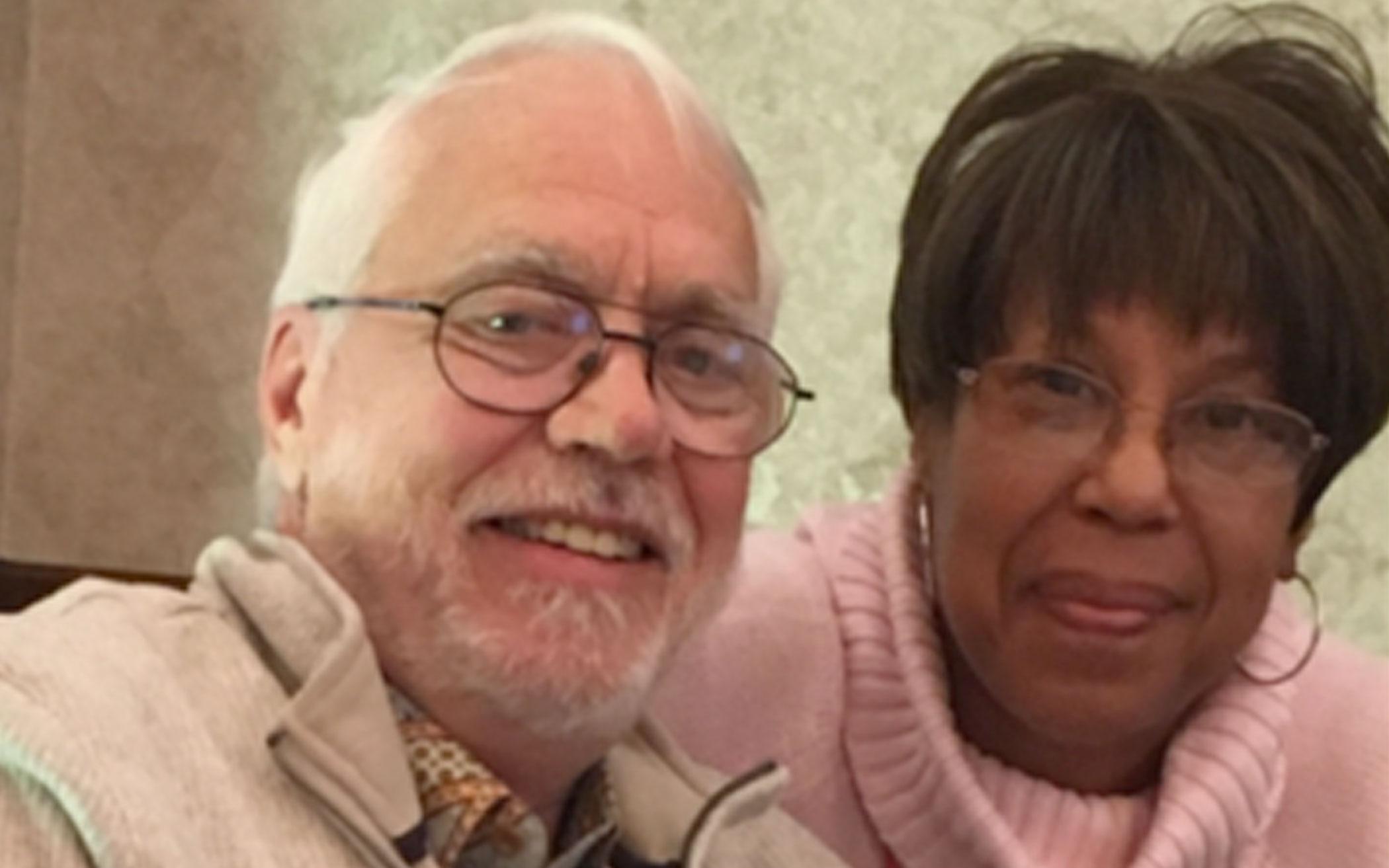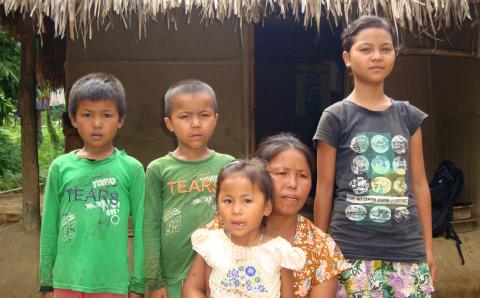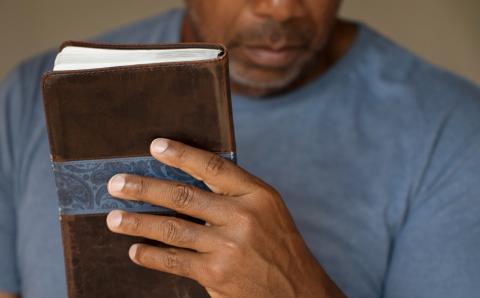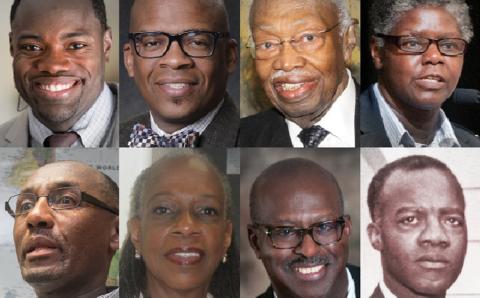Hurricane survivors have needs beyond their physical requirements for food, water, and shelter. Rev. Allen Schipper of Grand Rapids, Mich., knows this first-hand. As a chaplain, providing spiritual and emotional care in times of crisis has always been at the heart of his ministry.
“The Christian Reformed Church has 148 active chaplains along with a dozens of retired chaplains serving around the world providing spiritual care to people in crisis,” explained Rev. Sarah Roelofs, director of Chaplaincy and Care Ministries. “Whether serving as a military chaplain presiding over a communion service in a combat zone or as a hospital chaplain called to the trauma bay in the emergency department after an automobile accident, chaplains extend the church’s ministry and mission to all people, no matter who they are or what they believe.”
Schipper, who attends Sherman Street CRC in Grand Rapids, officially retired as chaplain in the Battle Creek, Mich., health system in 2010 but has never stopped serving. These days he uses much of his “free time” to volunteer and serve populations in crisis through the American Red Cross as the official regional advisor for Michigan.
In this role, he works alongside a diverse group of faith leaders to provide spiritual and emotional support following times of disaster. He has been deployed 20 times within Michigan and has also served in South Carolina, Texas, and Puerto Rico.
“A common phrase within disaster response is ‘No disaster is ever the same,’” explained Schipper. “This requires each spiritual care provider who works as a chaplain to be adept, agile, and willing to adjust at a moment’s notice to help meet the most basic human needs. It is essential that they not hold tightly to rigid expectations as they respond to bare-bones human needs.”
Schipper recently returned from Beaumont, Texas, where he was working with the American Red Cross to respond to Hurricane Harvey.
There is a never a “typical” day in this line of work, he said, but most days last 12-15 hours and are filled with visiting people at the local temporary shelter, helping out at a local food pantry, making home visits, caring for volunteers, and collaborating with various service providers to care for those in need. He might also meet with local clergy to figure out ways to provide long-term spiritual care for residents.
“Often survivors’ greatest spiritual need is to tell their story, which begins to integrate the trauma they have experienced into their own life narrative story. Al and other spiritual care providers facilitate this sharing by drawing out their story through asking open-ended questions as survivors search for meaning,” explained Roelofs.
“Survivors often ask questions as they struggle with meaning, guilt, and shame,” added Schipper. “Why did I survive and no one else did? Have I been abandoned by God? As a chaplain, it’s important to not quickly answer the question but instead to listen to their trauma as they uncover spiritual resources.”
Sometimes in recounting their stories, survivors also talk about needs that the Red Cross or other nonprofit agencies can help with. People like Schipper are then able to point them in the direction of these services.
“Each day, CRC chaplains further the kingdom of God and extend the mission of the church to people and places where God’s presence is sometimes not recognized,” said Roelofs. “Because this often comes at times of crisis, the ministry of chaplaincy also extends God’s love at times when it is most needed.”
About the Author
Kristen deRoo VanderBerg was part of the World Renew Communications team from 1999-2016. She now serves as director of Communications & Marketing for the Christian Reformed Church.








